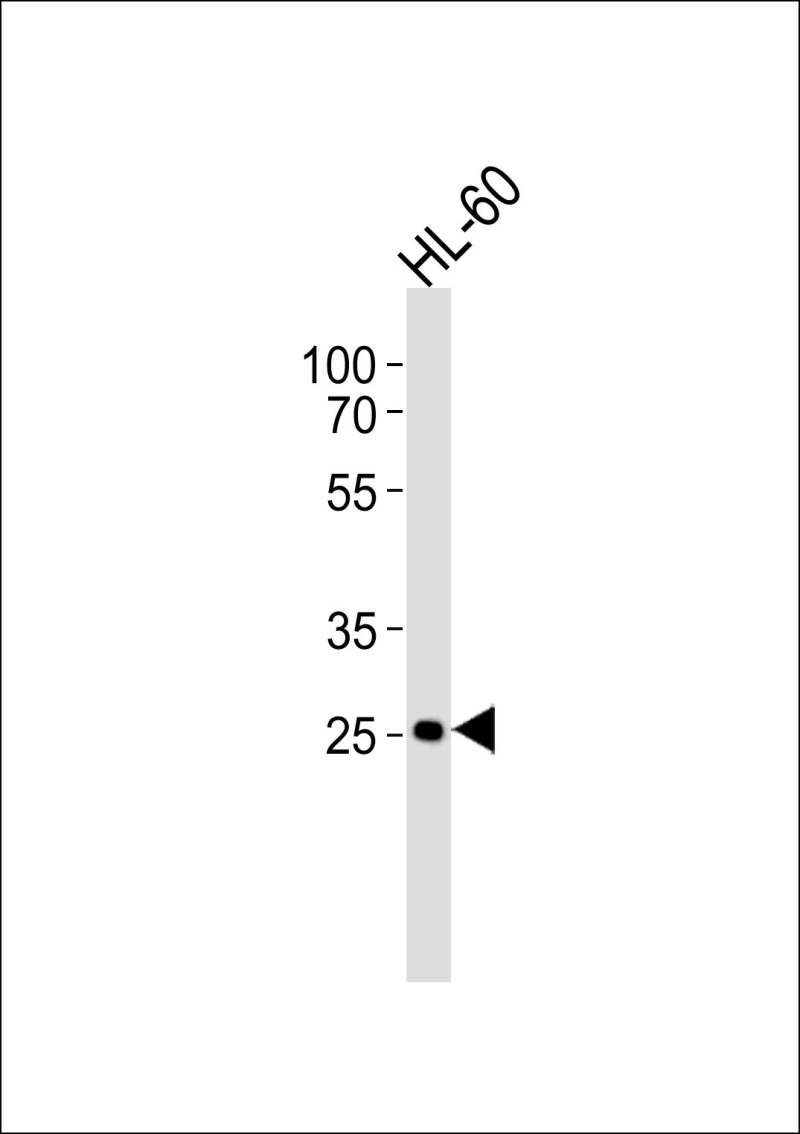
| WB | 1/1000 | Human,Mouse,Rat |
| IF | 咨询技术 | Human,Mouse,Rat |
| IHC | 咨询技术 | Human,Mouse,Rat |
| ICC | 技术咨询 | Human,Mouse,Rat |
| FCM | 咨询技术 | Human,Mouse,Rat |
| Elisa | 咨询技术 | Human,Mouse,Rat |
| Aliases | Low affinity immunoglobulin gamma Fc region receptor III-B, Fc-gamma RIII-beta, Fc-gamma RIII, Fc-gamma RIIIb, FcRIII, FcRIIIb, FcR-10, IgG Fc receptor III-1, CD16b, FCGR3B, CD16B, FCG3, FCGR3, IGFR3 |
| Entrez GeneID | 2215 |
| WB Predicted band size | 26.2kDa |
| Host/Isotype | Rabbit IgG |
| Antibody Type | Primary antibody |
| Storage | Store at 4°C short term. Aliquot and store at -20°C long term. Avoid freeze/thaw cycles. |
| Species Reactivity | Human |
| Immunogen | This FCGR3B antibody is generated from a rabbit immunized with a KLH conjugated synthetic peptide between 12-47 amino acids from the N-terminal region of human FCGR3B. |
+ +
以下是关于FCGR3B (N-term)抗体的3篇参考文献及其摘要概括:
---
1. **文献名称**:*FcγRIIIB polymorphism and anti-FcγRIIIB antibodies in systemic lupus erythematosus*
**作者**:Koene HR, et al.
**摘要**:该研究分析了FCGR3B基因多态性(如拷贝数变异)与系统性红斑狼疮(SLE)患者体内抗FCGR3B自身抗体的关联,发现低拷贝数可能增加抗N端表位抗体的产生,导致粒细胞减少和疾病活动性升高。
2. **文献名称**:*Anti-FcγRIIIB autoantibodies in autoimmune neutropenia recognize a granulocyte-specific epitope*
**作者**:Bux J, et al.
**摘要**:研究揭示了自身免疫性中性粒细胞减少症患者产生的抗FCGR3B抗体主要靶向N端结构域的表位,通过阻断抗体与配体结合导致粒细胞功能受损,为诊断标志物开发提供了依据。
3. **文献名称**:*Structural basis for FcγRIIIB recognition by human autoantibodies*
**作者**:Bruhns P, et al.
**摘要**:通过晶体结构分析,阐明人类自身抗体与FCGR3B N端结构域的结合机制,揭示了表位特异性与临床疾病(如类风湿性关节炎)的关联,为靶向治疗设计提供结构基础。
---
以上文献聚焦于FCGR3B N端抗体的病理机制、诊断应用及结构研究,涵盖自身免疫疾病与治疗靶点探索。
The FCGR3B (N-term) antibody targets the N-terminal region of the Fc gamma receptor IIIb (FCGR3B), a low-affinity immunoglobulin receptor encoded by the *FCGR3B* gene. FCGR3B is primarily expressed on neutrophils and plays a critical role in immune responses by binding to the Fc region of IgG antibodies, facilitating processes like phagocytosis, immune complex clearance, and antibody-dependent cellular cytotoxicity (ADCC). Unlike its homolog FCGR3A, which is expressed on natural killer (NK) cells and macrophages, FCGR3B is anchored to the cell membrane via a glycosylphosphatidylinositol (GPI) linkage, influencing its functional dynamics and signaling pathways.
This antibody is widely used in research to study FCGR3B expression, localization, and function in both physiological and pathological contexts. Applications include flow cytometry, Western blotting, and immunohistochemistry to investigate neutrophil activation, autoimmune disorders (e.g., systemic lupus erythematosus), and inflammatory diseases. FCGR3B gene polymorphisms, particularly copy number variations (CNVs), are linked to altered disease susceptibility and therapeutic responses, making this antibody a valuable tool for exploring genetic and functional associations. Its specificity for the N-terminal domain ensures recognition of FCGR3B without cross-reactivity to FCGR3A, aiding precise mechanistic studies in immune regulation and disease pathogenesis.
×